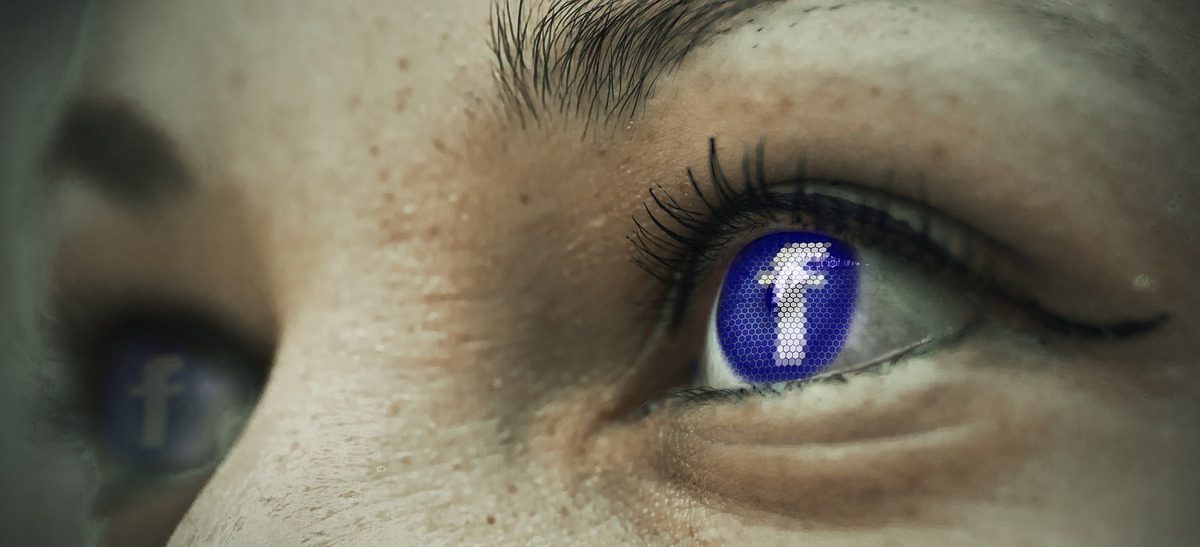Most of us use some form of social media in our daily lives. From sharing our current status with our friends and family on Facebook to posting selfies on Instagram. And of course, as social media has become more popular with consumers, then businesses have recognized the power that social media can deliver as a marketing tool.
Yet social media contains an inherent risk for any company that intends to build a large social media footprint. As an agile, minimally moderated platform primarily populated with user content, social media is left wide open for commercially damaging activities.
Social Media Impersonation
Social media impersonation is a term used to describe the process of setting up a social media page or user, that attempts to seem like an actual legitimate social media page for an existing company.
The fake page will then be used to gain access to consumers who have an interest in the brand the page is emulating. This provides the perpetrator with two specific benefits. Firstly, they will be able to gain insights into the social followers using the inbuilt analytics platform that most social media sites provide. And secondly, once a person has followed the page, they will be able to market competing products to them directly. Effectively stealing revenue from the company whose social image they have hijacked.
Social Media Attacks
Where social media impersonation attempts to attract social consumers away from a brand, social media attacks aim to directly damage the brand. This kind of attack is very common upon websites that allow customer reviews to be posted, although it can take place on any type of social networking site.
Social media attacks can be very damaging, a single bad review or negative comment that goes viral could potentially reach millions of people. A single meme, short video or photoshopped image could potentially cost a company a massive loss of revenue.
And to add to this problem, stopping a social media attack that has gone viral is virtually impossible, as many of the re-shares of the social content will be locked down as private, only visible to friends of the poster.
A Constant Need for Monitoring
As we can see, social media is a very vulnerable platform when it comes to exposing a company to potentially damaging situations. The fast, real-time way that social media works means that dealing with social media attacks needs to be done fast before it can go viral.
This means that social media content needs to be monitored around the clock, 365 days a year, to make sure that any content that can damage the brand is flagged as soon as possible. Unfortunately, for most small to medium-sized enterprises, this is outside of their capabilities. Monitoring can be automated to some extent, but what happens if an attack takes place late at night when nobody is in the office? This is why it makes sense to outsource the monitoring of social media and the management of negative social media content.



